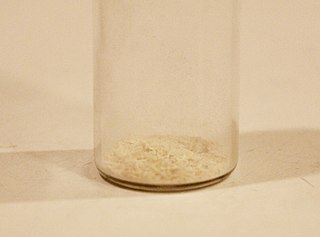Glycemic Index of Aspartame
What is the GI Index of Aspartame?
- Glycemic Index (GI) of Aspartame is 0
Aspartame does not have a glycemic index, as it does not contain carbohydrates. It is a low-calorie artificial sweetener used as a sugar substitute in various food and beverage products. Aspartame provides sweetness without contributing to blood sugar levels, making it a suitable option for individuals who need to manage their blood sugar or calorie intake. However, individual sensitivities and health conditions should be considered, and it is advisable to seek guidance from healthcare professionals regarding the consumption of aspartame or other artificial sweeteners.

Aspartame GI Index
Aspartame is a popular low-calorie artificial sweetener used as a sugar substitute in many food and beverage products. It is commonly found in sugar-free or “diet” versions of sodas, desserts, and other processed foods. However, it’s important to note that aspartame does not have a glycemic index (GI) because it does not contain carbohydrates.
The glycemic index is a measure of how quickly carbohydrates in a food raise blood sugar levels. Aspartame, being an artificial sweetener, is a non-carbohydrate compound. It is made up of two amino acids, phenylalanine and aspartic acid, which are both naturally occurring amino acids found in many protein-rich foods.
Since aspartame does not contain carbohydrates, it does not cause a direct increase in blood sugar levels or trigger insulin release. This characteristic makes it suitable for individuals who need to manage their blood sugar levels, such as those with diabetes or those following a low-carbohydrate diet.
Aspartame provides sweetness without adding calories or carbohydrates to foods and beverages. It is significantly sweeter than table sugar (sucrose), which means only a small amount is needed to achieve the desired level of sweetness. This property of aspartame allows individuals to enjoy sweet-tasting foods and beverages while minimizing the impact on blood sugar levels and caloric intake.
It’s worth mentioning that although aspartame does not have a glycemic index or directly affect blood sugar levels, it may still have other considerations for certain individuals. Some people may have specific health conditions or sensitivities that make them more susceptible to the effects of aspartame or other artificial sweeteners. It is always recommended to consult with a healthcare professional or registered dietitian for personalized advice regarding the consumption of aspartame or any other food ingredient.








